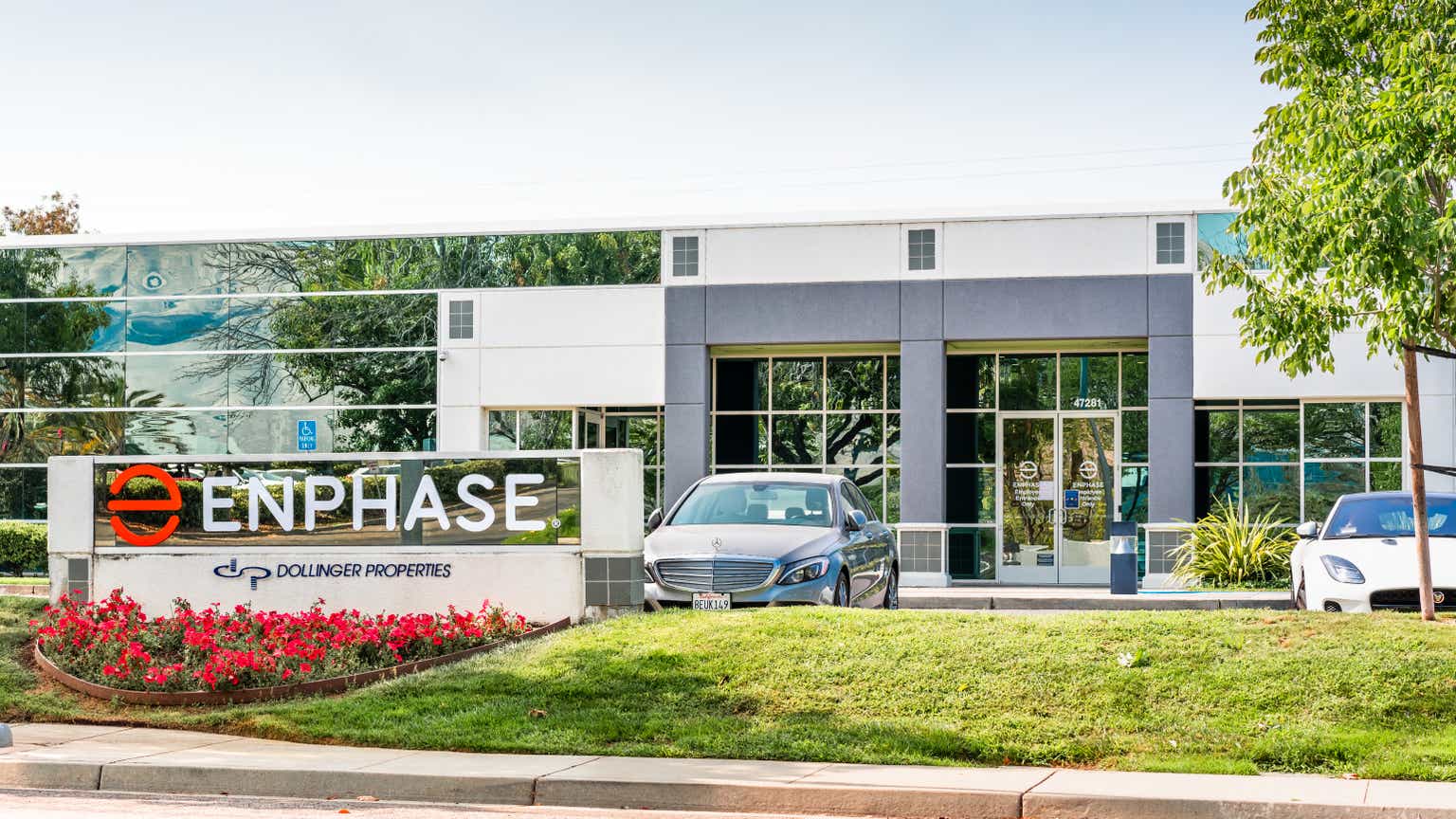The Asian Development Bank (ADB) is nearing the finalization of its draft energy policy, a move that has sparked significant criticism from civil society organizations. These groups argue that the ADB has not adequately engaged them in the consultation process, raising concerns about transparency and inclusivity. While the ADB claims to have held multiple discussions with NGOs regarding amendments related to investments in critical minerals and strategies to mitigate methane emissions, the perception of a rushed process persists. This situation highlights a broader issue within multilateral institutions: balancing rapid policy development with the need for comprehensive stakeholder engagement.
The ADB's approach underscores the tension between expediency and thoroughness in policy formulation. As the bank prepares to finalize its energy policy, it must address these criticisms to maintain credibility and foster collaboration with civil society. Key insights suggest that effective stakeholder engagement is not merely a procedural formality but a critical component for sustainable policy outcomes. The implications of this situation extend beyond the ADB; they reflect a growing demand for accountability and inclusivity in global energy governance, which could shape future investment strategies and environmental initiatives.









